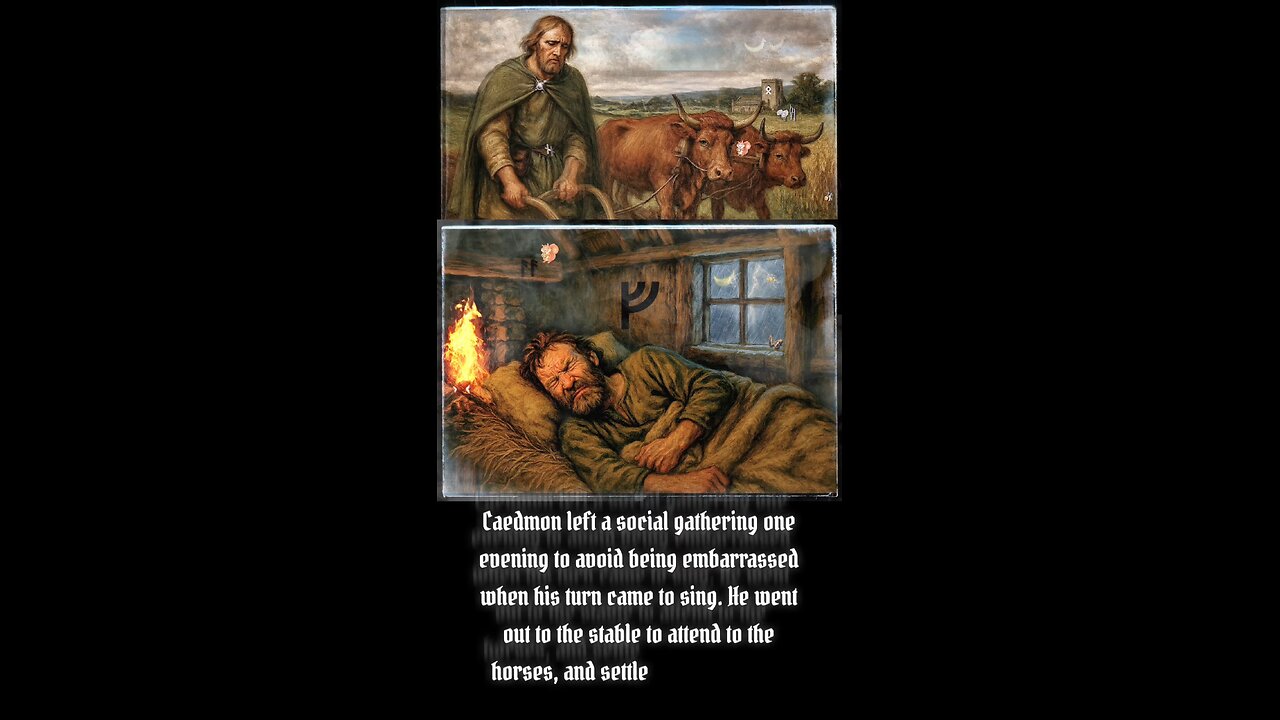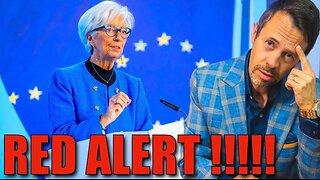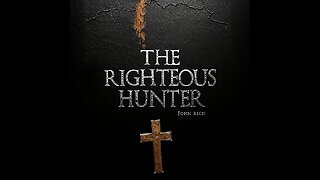Premium Only Content

How many in the human population possess musical/poetic ability or potential for the Wisdom? #gift
First Accounts of Poetry/Musicality
- Bede’s Ecclesiastical History of England, written in about AD 731. It’s the story of Caedmon, a farm worker who was unusual, in that age of oral culture, in being unable to sing and improvise verses. Caedmon left a social gathering one evening to avoid being embarrassed when his turn came to sing. He went out to the stable to attend to the horses, and settled down there to sleep. A person appeared to him in his sleep, and saluting him by his name, said, “Caedmon, sing some song to me.” He answered, “I cannot sing; for that was the reason why I left the entertainment, and retired to this place because I could not sing.” The other who talked to him, replied, “However, you shall sing.” “What shall I sing?” rejoined he. “Sing the beginning of created beings,” said the other. Caedmon found himself singing verses about the creation of the world. His poem about the Creation, as it survives, has only nine lines. But Caedmon is, amazingly, the earliest English poet whose name we know and the poem, known as ‘Caedmon’s Hymn’, is the earliest significant surviving Old English poem.
- We have no other evidence about the Anglo-Saxon view of poetic inspiration, pre- or post-Christian; but the story tells us clearly that it was regarded as coming from a spiritual, superhuman source.
-
 21:23
21:23
Neil McCoy-Ward
1 hour ago🔥 While You're Working Hard... They're Planning To Take EVERYTHING From You!!!
191 -
 2:13:37
2:13:37
Side Scrollers Podcast
4 hours agoTwitch CONTROVERSY Hit New Low + Reddit Mods QUIT + FireMAN is Now Sexist + More | Side Scrollers
59.3K5 -
 10:18
10:18
Colion Noir
3 hours agoViral TikTok Proves Gun Owners Wrong?
12.7K23 -
 5:31
5:31
John Rich Official
13 days agoThe Righteous Hunter by John Rich
16.9K10 -
 59:51
59:51
Rebel News
2 hours agoEby threatens to block pipeline, Guilbeault out of cabinet, Land disputes continue | Rebel Roundup
15.1K2 -
 1:45:59
1:45:59
Robert Gouveia
4 hours agoAmerican Soldier DEAD! Trump Furious! Afghan 'Vetted by CIA'! Third World FREEZE!
41.7K33 -
 48:48
48:48
The Culture War with Tim Pool
4 hours agoThe West Is COLLAPSING Under Mass Migration | The Culture War's Across The Pond
28.9K59 -
 1:42:33
1:42:33
The Mel K Show
4 hours agoMORNINGS WITH MEL K - We Have Not Yet Begun to Fight - The Clock is Ticking! 11-28-25
24.8K14 -
 1:25:54
1:25:54
Film Threat
16 hours agoHOLLYWOOD FOR SALE! BLACK FRIDAY BLOW OUT! | Film Threat Livecast
14.8K2 -
 2:51:52
2:51:52
The Shannon Joy Show
4 hours agoSJ Show Nov 28 - The SJ Friday Matinee Watch Party With Commentary Featuring The Big Short!
14.9K